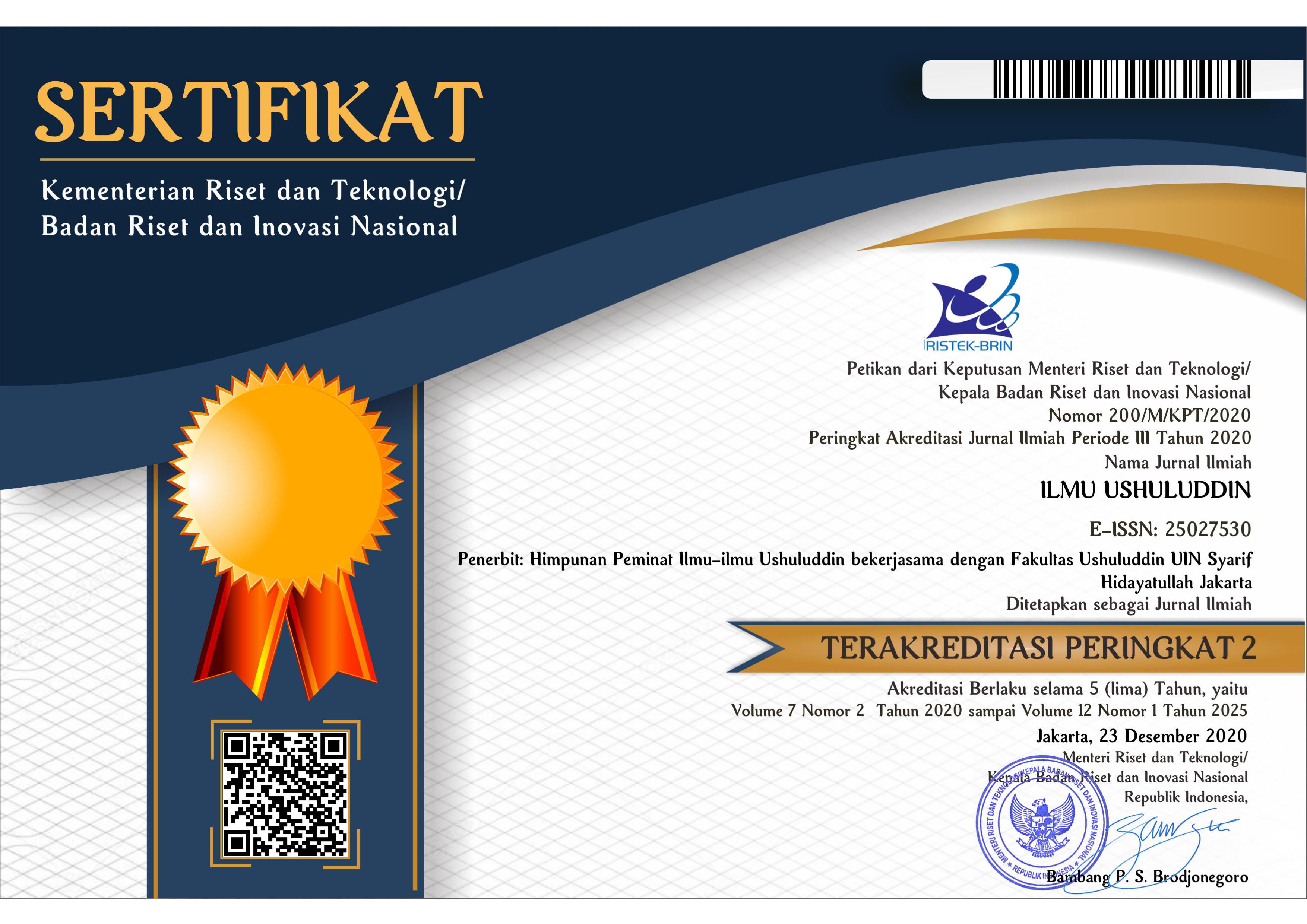IQBAL'S POLITICAL THOUGHT AND THE PROBLEM OF PUBLIC ISLAM
DOI:
https://doi.org/10.15408/iu.v11i2.43330Keywords:
Politics, Islam, Nationalism, Tradition, Modern, West, PakistanAbstract
This paper explores the political philosophy of Muhammad Iqbal, an Indo-Pakistani thinker, poet, and early proponent of Pakistan's creation. Iqbal’s work is contextualized within the broader modern Islamic response to Western domination, modernization, and cultural tensions. Rejecting Western nationalism and secularism, he envisioned an Islamic political framework rooted in the unity of God (Tawhid), which emphasized equality, solidarity, and freedom. His approach synthesized Islamic heritage with Western philosophical thought, forming a unique blend that aimed to adapt modernity within an Islamic ethos. Iqbal's critique of conventional Islamic practices and advocacy for authenticity highlight his efforts to reshape Muslim identity and statehood. Therefore, Iqbal’s political thought is also viewed within the framework of the concept of “public Islam”. However, the actualization of his ideals in Pakistan remains fraught with socio-economic, ethnic, and political challenges, revealing a gap between his vision and the contemporary state of the nation. This article uses a historical approach with a library research method, based both on Muhammad Iqbal's own writings and on studies of his thoughts by Muslim and Western scholars.


